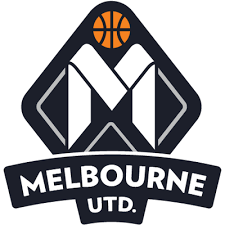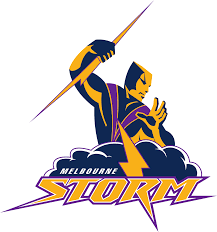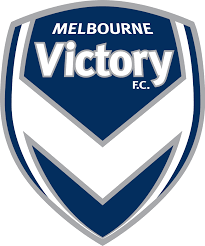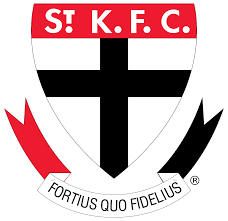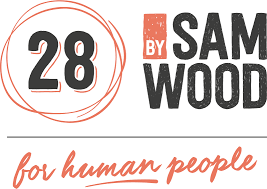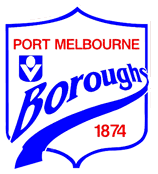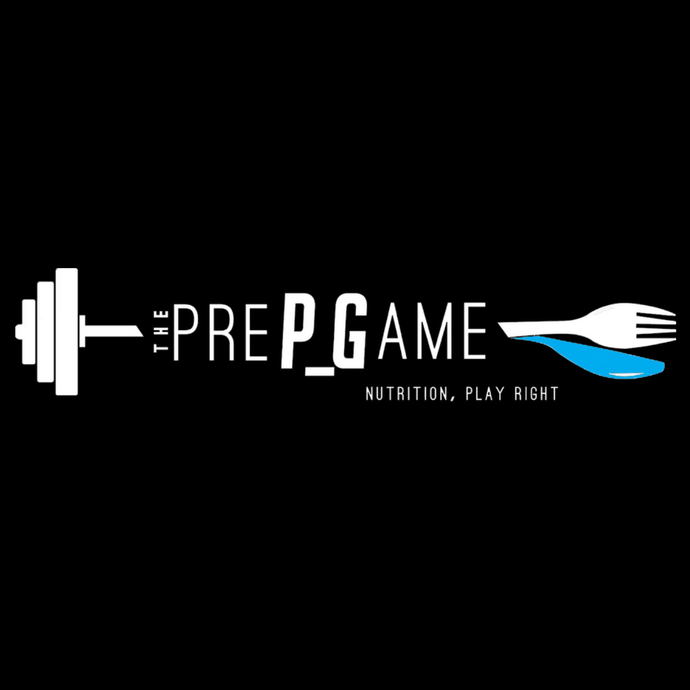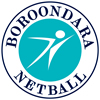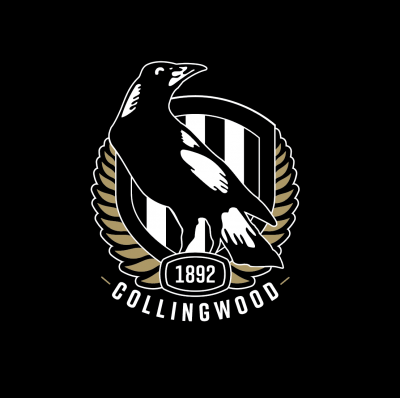Image by Rebecca Doyle Photography from Eat Right For Your Life
What do you eat after your Sunday morning run? I pondered this question a few weeks ago as I ran along a beachside track on the Mornington Peninsula. An amazing mix of different people were out and about that morning, from elite runners who had their energy gels strategically placed along the route, to holiday-makers working hard on their new year's resolutions to get fit. I thought about the different goals of the various runners and wondered what they had in mind to eat after their run.
From walking down the main street during the days prior it was very obvious that many of the holiday makers had no hesitation in choosing the full cooked breakfast, as you might well do when you are in relaxation mode and someone else is preparing it for you. Other runners may have been going home to a bowl of cereal, or perhaps home-made pancakes as a holiday special. Or just a quick piece of toast before heading out to their next activity.
With so many breakfast choices, what are the best options to meet health, recovery and performance goals?
The biggest mistake I see people make when it comes to breakfast is the bias towards carbohydrate and a relative lack of protein. Have a quick think about typical breakfast foods - it's a carb-fest of cereal, bread, fruit, juice and maybe even a muffin or pastry. Where is the protein?? Add some milk to your bowl and you will bump up the protein, or a spoon of yoghurt with fruit or muesli, but a token portion with your brekky may not quite cut it. If you are doing a decent run, and you run regularly for fitness, or are training for an event, then protein post-run should be high on your agenda. Ideally you should be squeezing in at least 20g of protein into your post-run breakfast for muscle recovery. Protein is sometimes considered the nutrient most important for strength training, but endurance type exercise such as running can increase protein requirements too. And don't think protein is only for elite runners doing lots of kms and hills. Regardless of your speed or distance, if you are working hard you need protein due to increased muscle damage and the need for repair.
You probably need some carbohydrate also after longer runs to assist with recovery, but the amount you need will vary according to training and body composition goals, and the timing of your next training session. If you are heading off to a busy day after your run, you most likely will benefit from some fuel for energy during the morning, in combination with your protein.
Don't forget the vitamins and minerals! It's not all about protein and carbs. By including some fresh fruit or vegetables, maybe some nuts and seeds, and choosing carbohydrates that are wholegrain you will be boosting your overall recovery nutrients. Some healthy fat is beneficial at breakfast too.
Here are some suggested high performance post-run breakfasts that meet the above criteria and importantly contain at least 20g protein:
- 200g Chobani natural yoghurt with fruit salad and 2tbsp nuts/seeds
- 2 poached eggs with spinach, mushrooms, tomato and 2 multi-grain toast
- Small bowl of natural muesli with milk, topped with a few big scoops of Greek yoghurt and berries
- Large banana and berry smoothie (use milk, yoghurt and almond meal for protein, or maybe add some whey protein)
- 1 small tin of tuna, with sliced tomato, avocado and fresh basil on rye toast
- Leftovers eg. beef/vegetable stir-fry with quinoa
- 1 cup home-made baked beans on rye toast, sprinkled with cheese
- Chia pudding made with milk and topped with blueberries and macadamias
- Omelette with herbs and crumbled feta (may need to add some carbohydrate)
- Bowl of porridge made with milk, topped with yoghurt and chopped almonds
- Scrambled eggs with smoked salmon and grilled asparagus (may need to add some carbohydrate)
If you are trying to lose weight, remember that you don't need to go low-carb all the time. For recovery it can be helpful to include some carbohydrates in the immediate recovery period. Always eat a good post-run meal, then you can adjust food and portions later in the day to meet body composition goals.
If you need help in planning your nutrition for your health and performance goals, please get in touch, or find an accredited sports dietitian close to you at Sports Dietitians Australia.
I would love to send you free nutrition updates and recipes, just leave your details on my Thoughts page. You can also follow me on Facebook and I have just set myself up on Instagram too!






